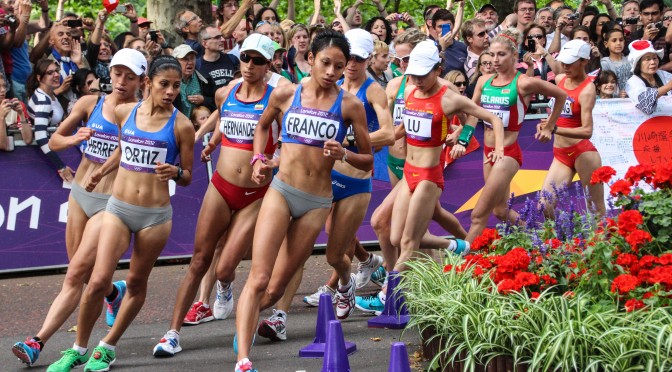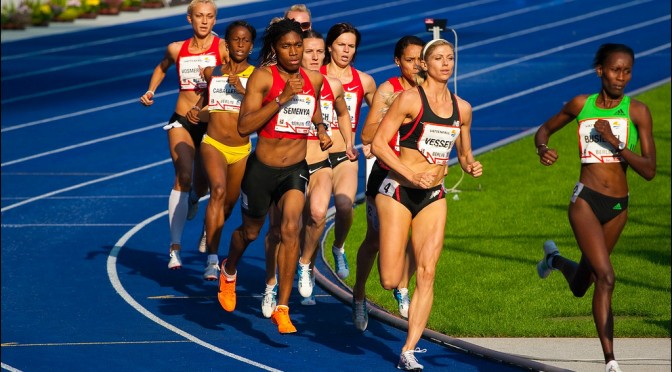By John Affleck
While it was a huge sporting event in the United States in the years after the Civil War and was an early Olympic event, racewalking has been regarded for decades as something of a joke – at least in America. An episode of the sitcom “Malcolm in the Middle” was devoted to poking fun at it. The NCAA doesn’t hold a racewalking championship. Sports broadcaster Bob Costas once compared it to a contest to see who could whisper the loudest.
Still, racewalking is an Olympic event, with three medal events held at every Summer Games – and each of the golds counting just as much as the ones that adorn the neck of Michael Phelps.
Today, the races contested at the Olympics are 20 kilometers for both men and women and a 50-kilometer race just for men. The 20-kilometer men’s race was won on August 12 by China’s Wang Zhen with a time of 1 hour, 19 minutes, 14 seconds – a 6:20 mile pace that would win a fair number of 5-kilometer running races in the United States. The other two events take place August 19.
It may look odd, but racewalking has an interesting past and a controversial present, along with quirky rules that make it unique among track and field events.
Continue reading Don’t run (and don’t laugh): The little-known history of racewalking →





